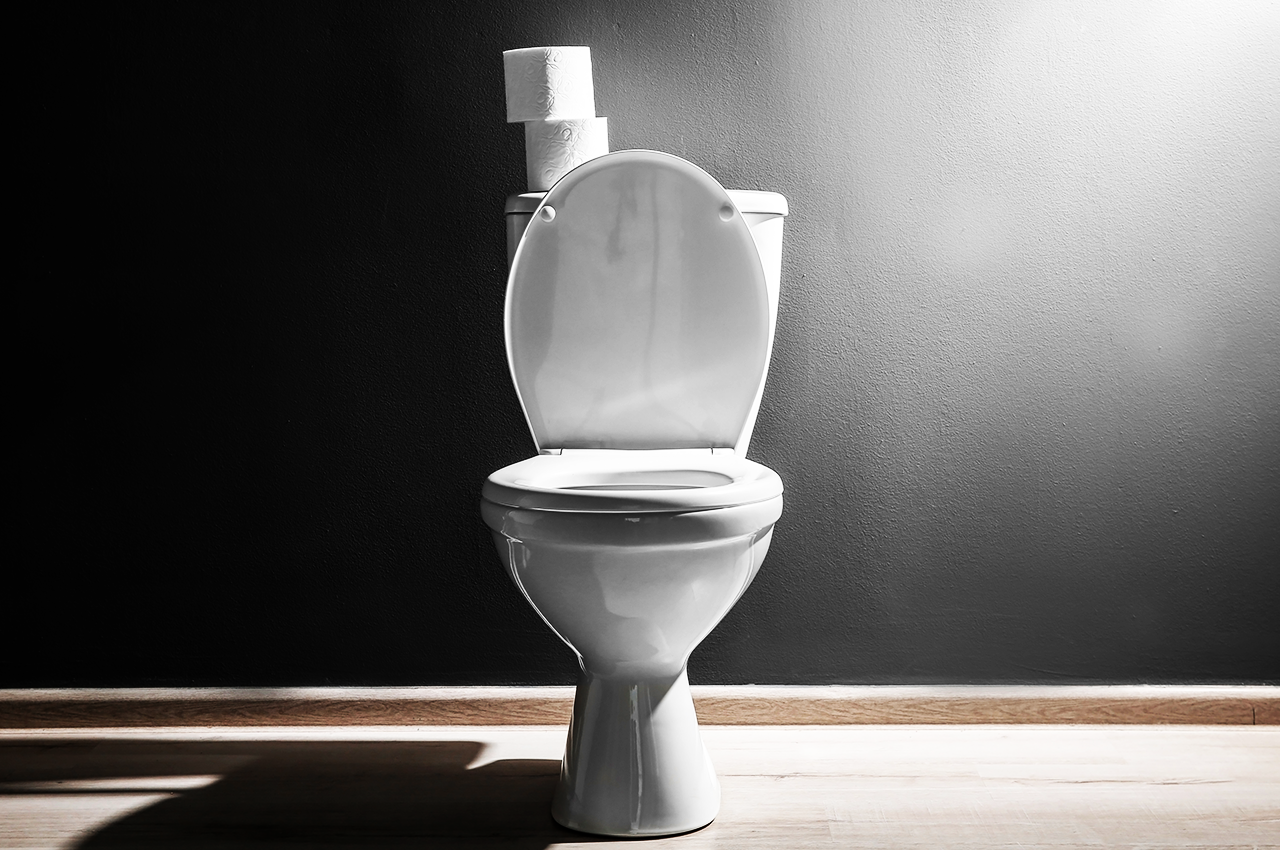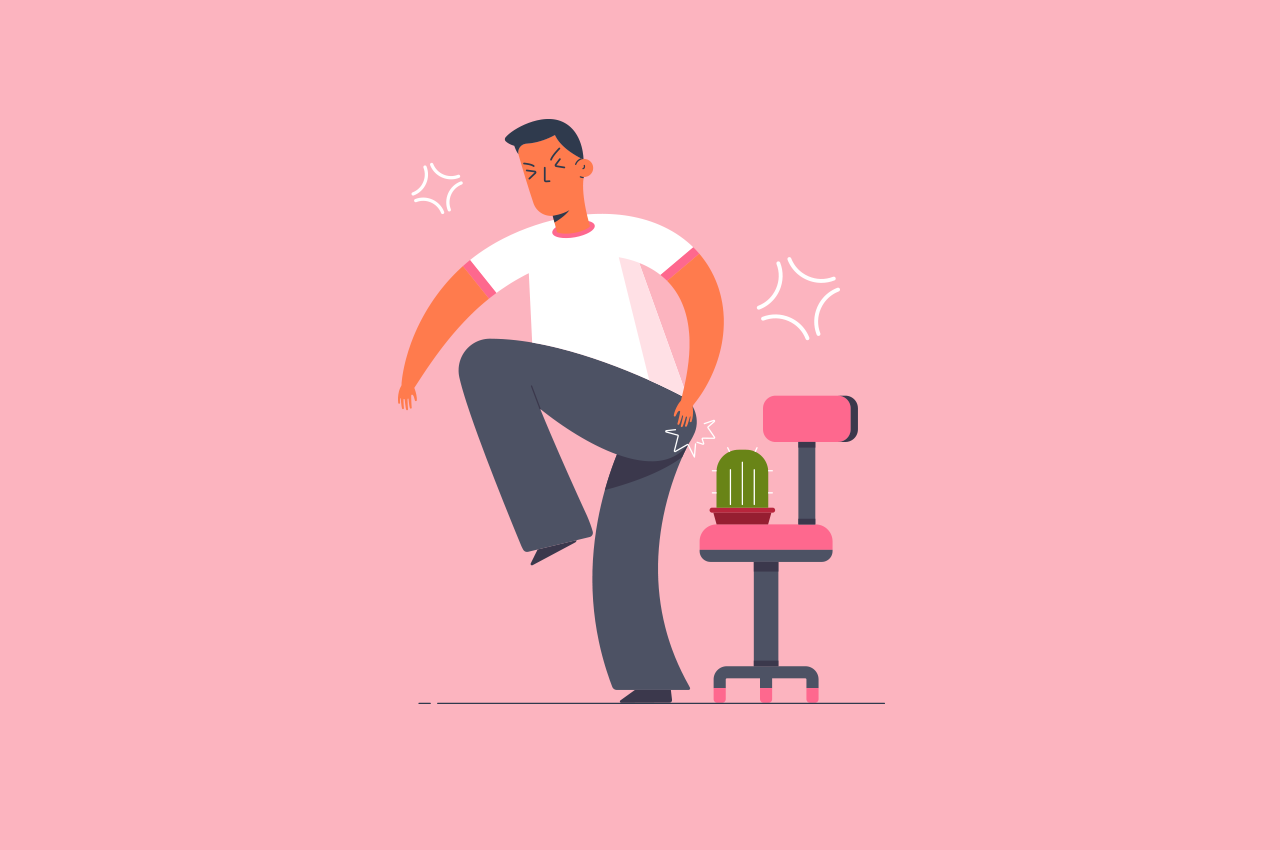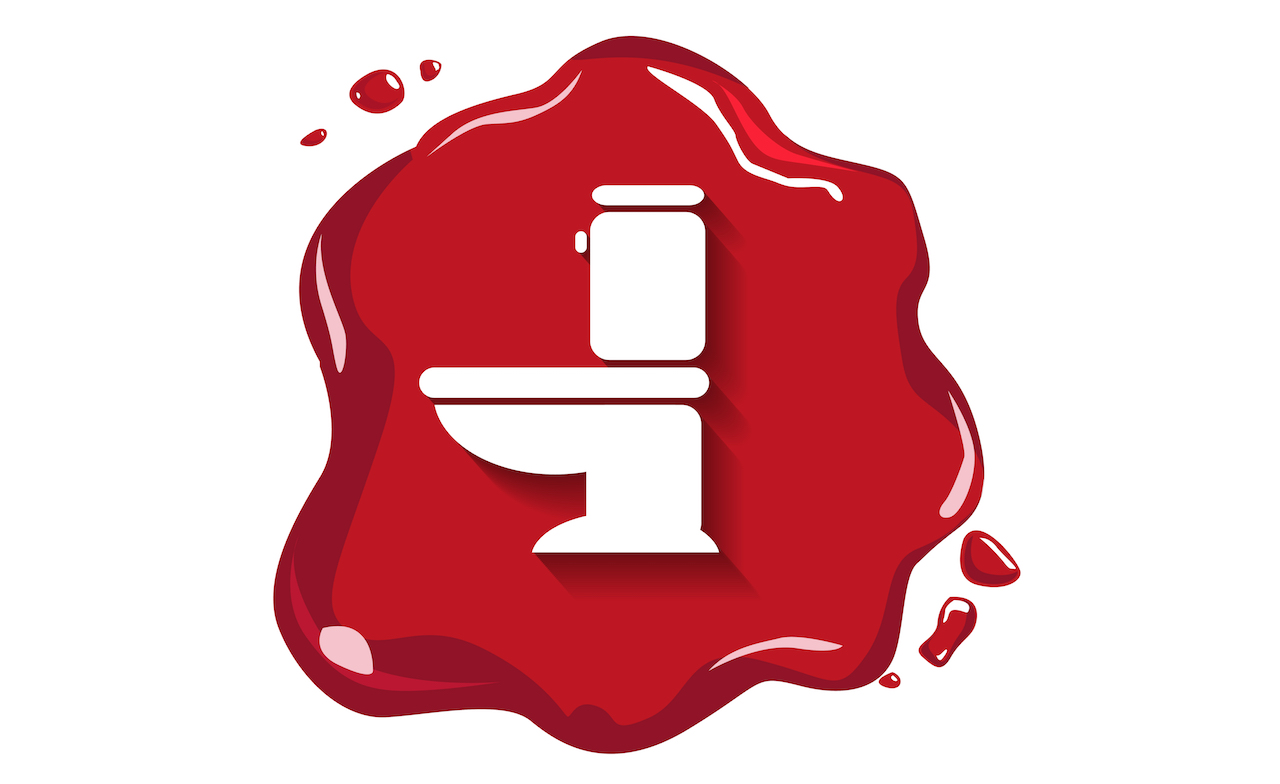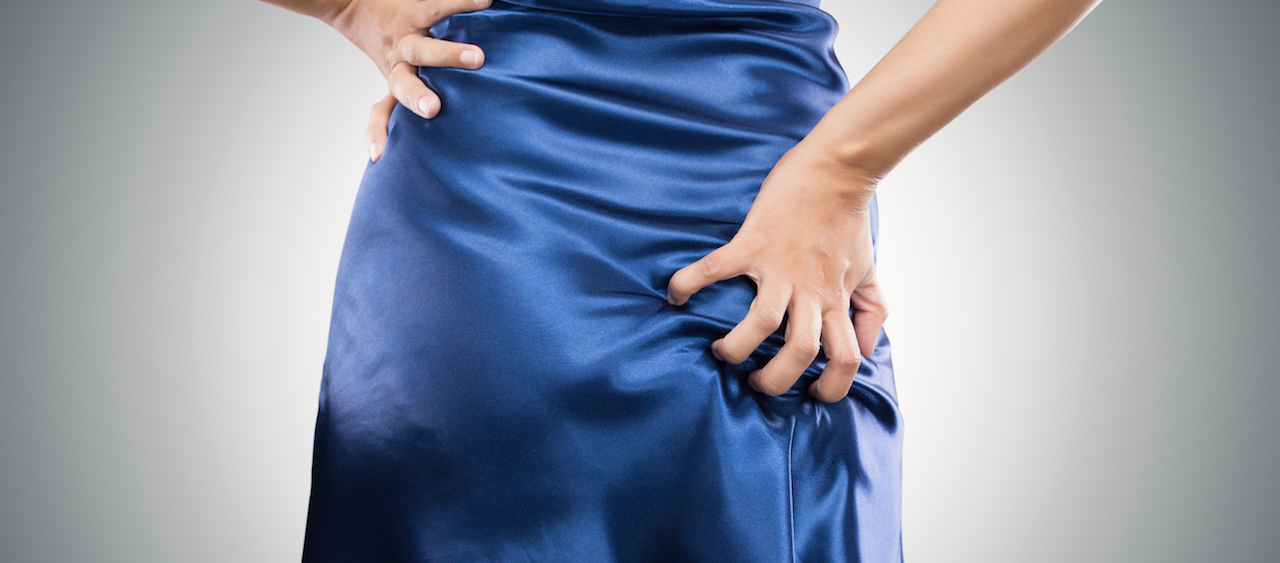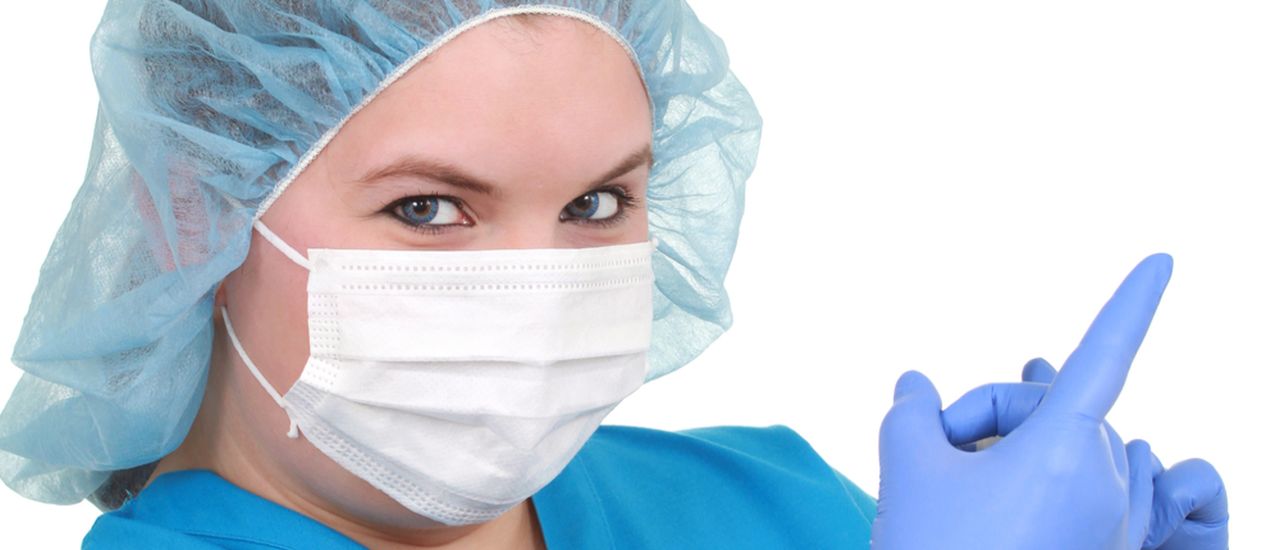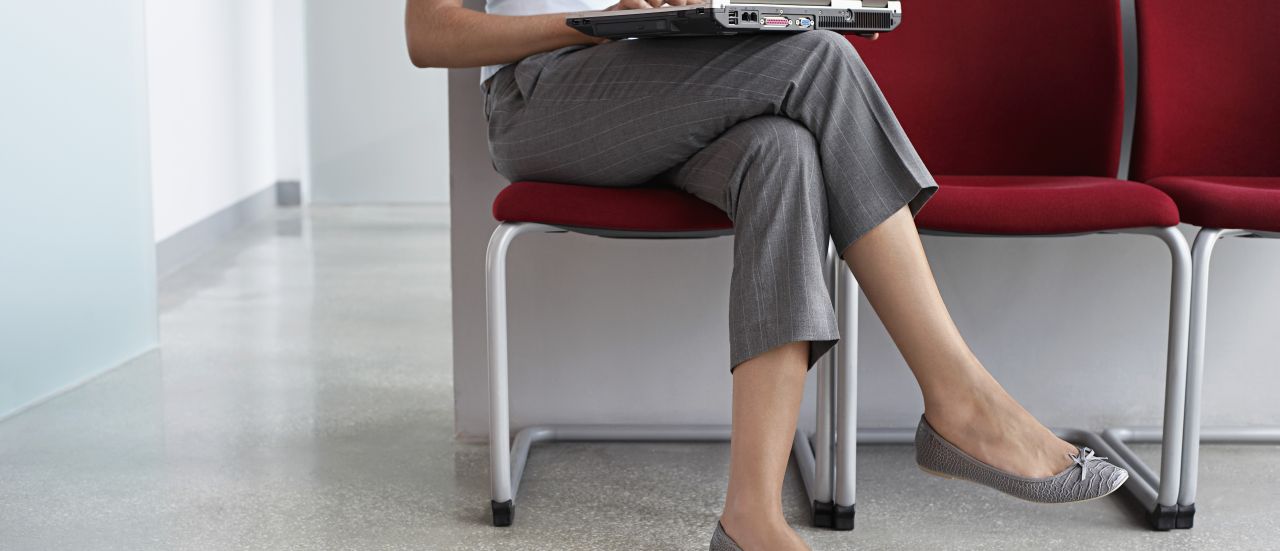Piles, or haemorrhoids, are described as varicose veins in your bottom, and they can be painful. When these vessels are swollen, they’re likely to cause aggravation and may hang out of the anus after passing a stool. The sizes of piles vary too.
The good news is that there’s treatment for your piles which has no risk to your baby.
Piles are usually caused by strain on the area due to:
- Constipation or diarrhoea.
- Pregnancy.
- Difficult bowel movements causing straining.
- Sitting on the toilet for long periods.
- Obesity.
- Anal intercourse.
- A low-fibre diet that can cause difficult bowel movements.
Why are piles during pregnancy so common?
Piles is a very common condition for women during pregnancy or labour. You’re more likely to be effected by the condition when you’re pregnant due to the change of hormones, particularly progesterone. This hormone relaxes the walls of your blood vessels and makes piles more likely to develop. Fortunately, they often clear up in days or weeks after giving birth.
Another cause for the condition is the weight of your baby as it grows. Your baby puts more pressure on your veins and along with constipation; it increases the likelihood of developing piles. If you’re concerned about the length of time you’ve had piles, speak to your doctor or midwife.
Symptoms include:
- A hard and painful lump around the anus.
- After passing a stool, you may experience the feeling that the bowels are still full.
- Visible bright red blood after a bowel movement.
- Itchy, sore and red area around the anus.
- Pain during passing a stool.
Piles can worsen into more severe conditions like:
- An infection.
- An inability to control bowel movements.
- Anal fistula (an infected tunnel that forms between the skin and anus).
- Excessive anal bleeding which could possibly lead to anaemia.
Avoid getting piles in pregnancy
- Be sure to drink enough fluids to avoid dehydration and constipation.
- Eat a diet that’s high in fibre which includes fruit, veggies and wholewheat bread.
- Exercise regularly to improve circulation.
- While on the loo, don’t strain, take your time or try again later after drinking some water.
How to treat piles in pregnancy
- Place a towel that’s been dipped in ice-cold water on the piles to relieve the pain and irritation around your bottom.
- Carefully clean the area around your bottom after going to the loo. It might be easier to use moist toilet wipes rather than toilet tissue. It’ll also help to pat rather than wipe.
- You may try and gently push the piles back into the rectum using a lubricating gel when in the bath or shower.
- Speak to your doctor or midwife who can prescribe ointments or medication to help soothe the symptoms.
References:
- https://www.nhs.uk/conditions/pregnancy-and-baby/piles-haemorrhoids-pregnant/
- http://www.bounty.com/pregnancy-and-birth/pregnancy/pregnancy-other-conditions/piles-in-pregnancy
- https://kidshealth.org/en/parents/pregnancy.html
- https://www.cedars-sinai.org/health-library/diseases-and-conditions/h/hemorrhoids-and-varicose-veins-in-pregnancy.html
- https://www.nhs.uk/conditions/pregnancy-and-baby/piles-haemorrhoids-pregnant/

